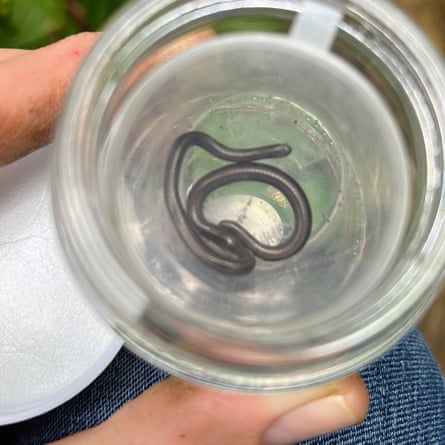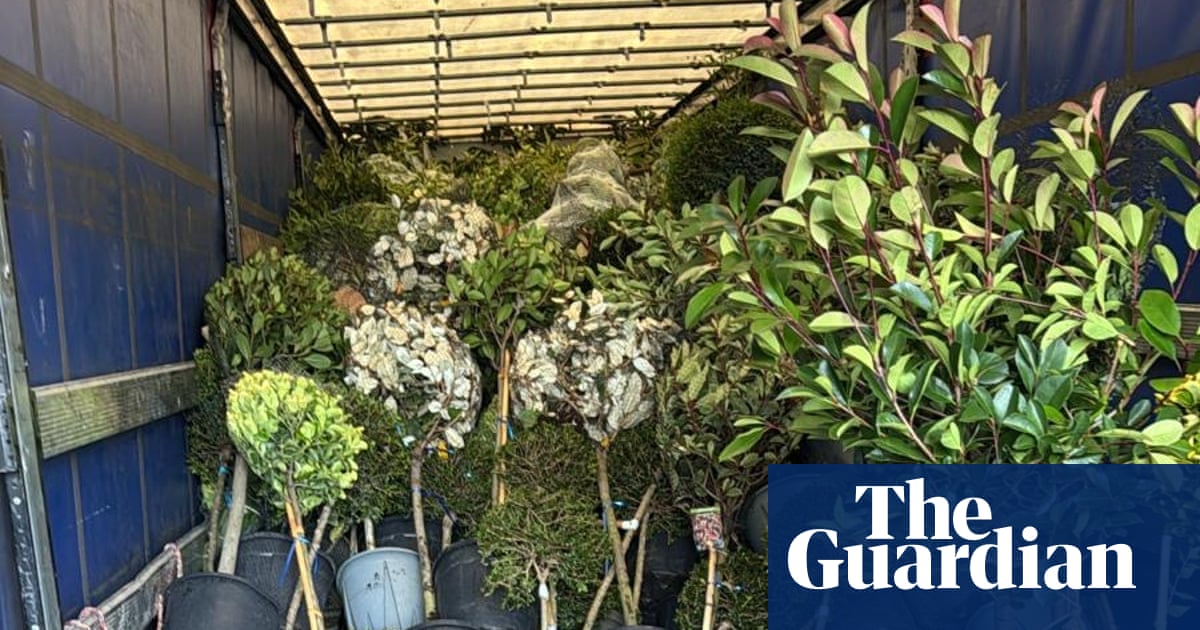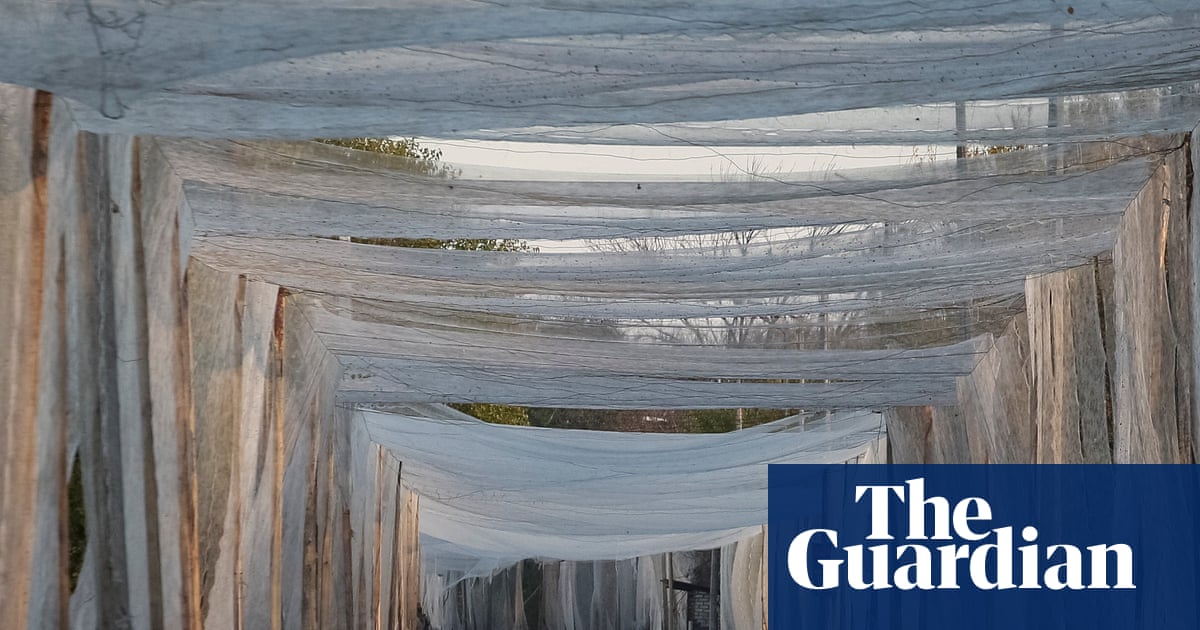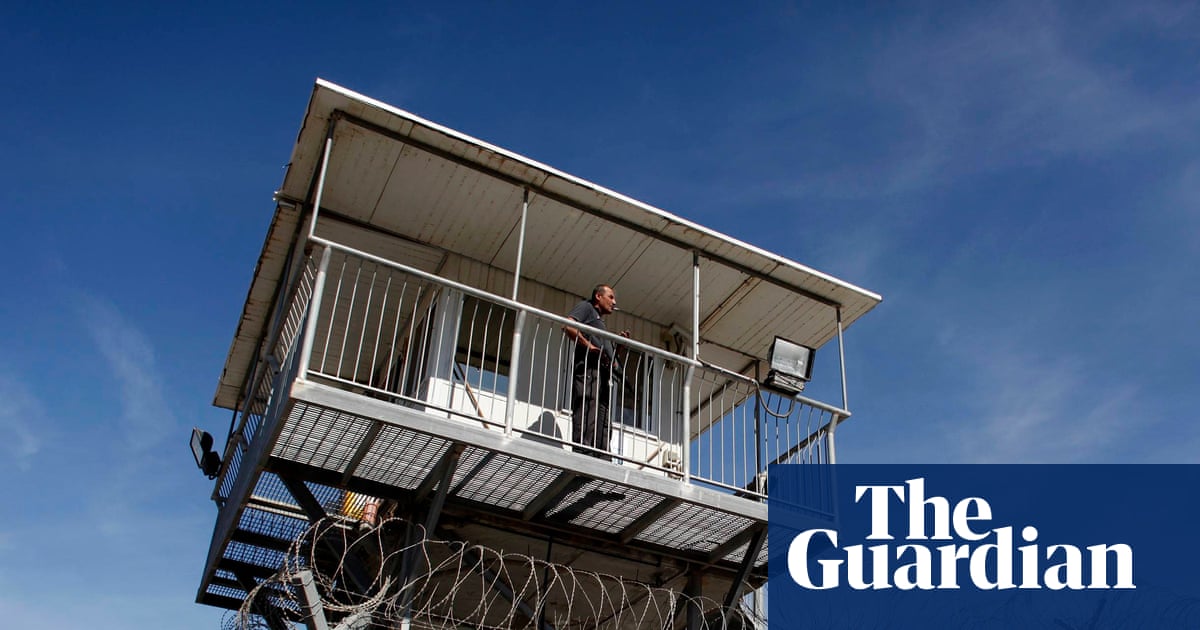The world’s smallest snake has been rediscovered in Barbados, 20 years after its last sighting.
The Barbados threadsnake, which had been feared extinct, was rediscovered under a rock in the centre of the island during an ecological survey in March by the nation’s environment ministry and the conservation organisation Re:wild.
The reptile can reach 9 to 10 cm in length when it is fully grown and is as thin as a strand of spaghetti. It had been on a global list of 4,800 plants, animals and fungi species that have been lost to science.
The rarity of the snake is a concern for scientists. Connor Blades, a project officer for the Barbados environment ministry, said: “If the threadsnake population is not very dense, I am worried about their ability to find mates, particularly if their habitat is under threat and being degraded.”
Blades and Justin Springer, the Caribbean programme officer at Re:wild, had been looking for the threadsnake and several other endemic reptiles for more than a year as part of a conservation project.
During a survey in March, Springer jokingly told Blade “I smell a threadsnake” while turning over a rock trapped under a tree root; to their surprise, the snake was beneath it.
“When you are so accustomed to looking for things and you don’t see them, you are shocked when you actually find it,” Springer said.

Blades took the snake to the University of the West Indies, and upon examination under a microscope, the pale orange lines running across its body and the scale on its nose confirmed it was what they were looking for.
The first sighting of the Barbados threadsnake was in 1889, and there have only been a handful of confirmed sightings since.
The threadsnake reproduces sexually and the females lay a clutch of only one egg, unlike some other reptiles that can produce fertile eggs without mating.
With 98% of the island’s forest has been cleared for agriculture since it was colonised more than 500 years ago, conservationists are concerned for the rediscovered reptile’s extinction by habitat destruction and invasive species.
“The threadsnake’s rediscovery is also a call to all of us as Barbadians that forests in Barbados are very special and need protection,” said Springer. “Not just for the threadsnake, but for other species as well. For plants, animals and our heritage.”

.png) 3 months ago
38
3 months ago
38

















































